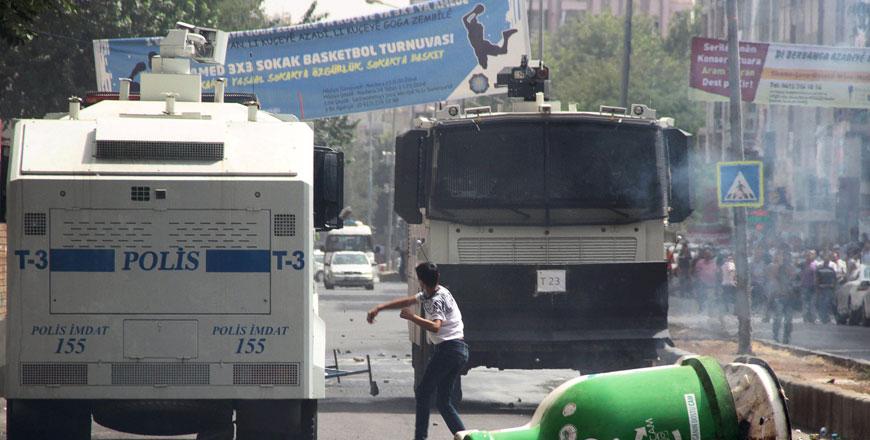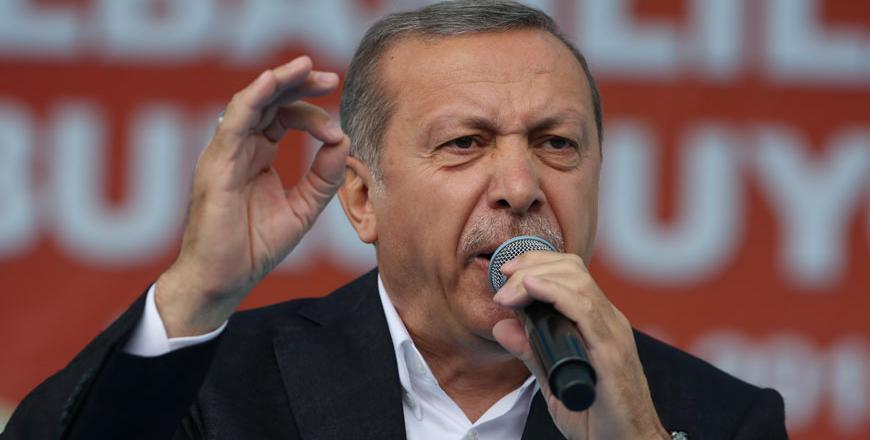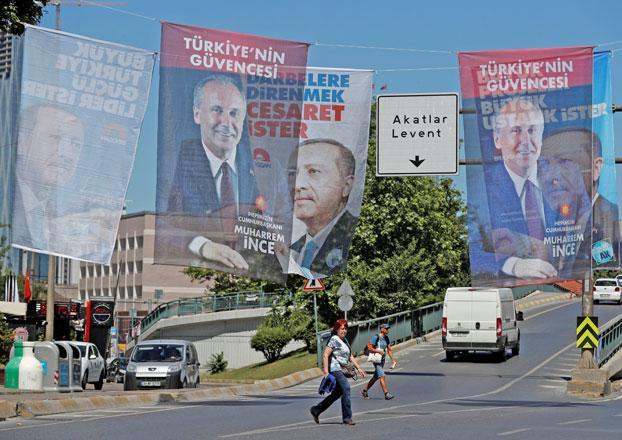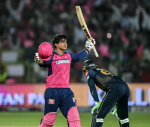You are here
In divided Turkey, election unlikely to resolve uncertainty
By AP - Oct 29,2015 - Last updated at Oct 29,2015

A protester throws stones at police vehicles in the Kurdish dominated southeastern city of Diyarbakir, Turkey, in this September 13 file photo (Reuters photo)
ISTANBUL — As extremist violence and political uncertainty cast a shadow over Turkey, voters are looking for Sunday's parliamentary election to usher in stability. But in a deeply polarised country, the most likely result is more confusion.
The election is a redo of June elections in which the ruling Justice and Development Party, or AKP, stunningly lost its majority. President Recep Tayyip Erdogan called for new elections after Prime Minister Ahmet Davutoglu failed to form a coalition with any of the three opposition parties represented in parliament.
The ballot comes at a sensitive time for Turkey, a key Western ally that has major issues to navigate: It faces rising instability in neighbouring Syria and Iraq and a refugee crisis that is spilling into Europe. There are also doubts about the country's once-booming economy — concerns exasperated by political deadlock and violence damaging the key tourism sector.
With analysts expecting a similar inconclusive result in Sunday's election, the key question is whether Erdogan would allow his party to form a coalition. Doing so would effectively force Erdogan to relinquish his iron grip on power in Turkey.
There is a small chance that he won't have to. In the June elections, AKP won just over 40 per cent of votes, falling 18 seats short of the 276 needed for an outright majority. AKP is now hoping it can cover the distance and eke out a slight majority by targeting some of the constituencies that it lost narrowly.
The June election showed that Erdogan's biggest problem is the rise of the main Kurdish party, or HDP. For the first time, HDP easily cleared the 10 per cent threshold needed for representation as a party in parliament, taking seats mostly at AKP's expense.
In the immediate aftermath of the election, the worst violence in years broke out in Turkey between Kurdish militants and government authorities. Two massive suicide bombings at pro-Kurdish gatherings apparently carried out by an Daesh group cell severely heightened tensions. Kurds charge that the government failed to secure the events, while Erdogan and other AKP leaders alleged — without offering evidence — that the bombings were planned by a "cocktail" of Turkish enemies that included Islamist Daesh and the staunchly secular Kurdistan Workers' Party, or PKK.
In the violence, one of Erdogan's most notable accomplishments — peace talks with the PKK to end decades of violence and integrate the Kurdish southeast — has come undone. Erdogan has lashed out at the HDP, calling it the political arm of the PKK, which Turkey and most Western countries consider a terrorist organisation. The election could give a signal on the direction of the peace process.
"A decline in [HDP's] public support will be an indication of the decline in public support for the [peace] process," said Giray Sadik, associated professor at Ankara's Yildirim Beyazit University. He added that given the sensitivities there will be close observation from both sides of the security of ballots in the Kurdish southeast. "Even relatively minor incidents may disturb the balance and are likely to raise questions about the legitimacy of the elections."
In ordering new elections, Erdogan appeared to calculate that Turkish voters would conclude that returning AKP to a majority was the country's only chance of regaining stability and strong growth. Davutoglu has been campaigning against a coalition, while Erdogan has played a quieter role after barnstorming the country ahead of the June vote.
"Their claim is that currently Turkey is unstable because AKP has lost its majority, and whatever negative development is taking place in Turkey right now is taking place because AKP has lost its majority," says Ozgur Unluhisarcikli, the Ankara director of the German Marshall Fund.
But that's a hard argument to make with an AKP caretaker government in place after 13 years of majority rule. It may be hard to win back lost voters, especially among a large number of religious Kurds who had backed AKP in previous elections.
To better steer the precarious situation, Erdogan has tightened his control over his own party. Under the Turkish constitution, the president is meant to stay out of party politics and mostly above the political fray. But Erdogan has argued that as the first directly elected president, he has a moral mandate to lead the country. When he left his position as prime minister and head of his party in 2014 to assume the presidency, Erdogan took a gamble that AKP could win a sufficiently large majority to change the constitution and endow the presidency with broad new powers. With that strategy in tatters, he hopes that even with a small majority, he can guide parliament from the presidential palace.
At a party conference after the June elections, Erdogan managed to install his own loyalists among the party hierarchy and on the list of candidates for Sunday's poll. This came at Davutoglu's expense. Now, ironically, a disappointing result on Sunday could empower Davutoglu to form a coalition with the opposition, independent of Erdogan, who would be weakened by a slip in the polls.
As in past elections, Erdogan's great advantage is that there is no comparable opponent in Turkish politics. The opposition remains fractured and comparably weak, with the next largest party, the secularist CHP, garnering only 27 per cent in the June elections. Even if AKP slips a few points on Sunday it will remain the largest party, and leader of any conceivable coalition.
But analysts have doubts that Erdogan would give Davutoglu a free hand to negotiate a stable deal with the CHP, HDP or the nationalist MHP. If the results are bad, he may look for early elections again. But it's hard to see why a third try would solve Erdogan's problem.
Related Articles
ANKARA — Whether it teams up with the nationalist or secularist opposition, Turkey's ruling AK Party must navigate the same obstacle in its
ISTANBUL — Turkish Prime Minister Ahmet Davutoglu kicked off long-delayed talks on forming a coalition government on Monday after firing a w
DIYARBAKIR, Turkey — Turkey's Kurds are set to play a critical role in determining the outcome of elections this month, with their votes cov


















